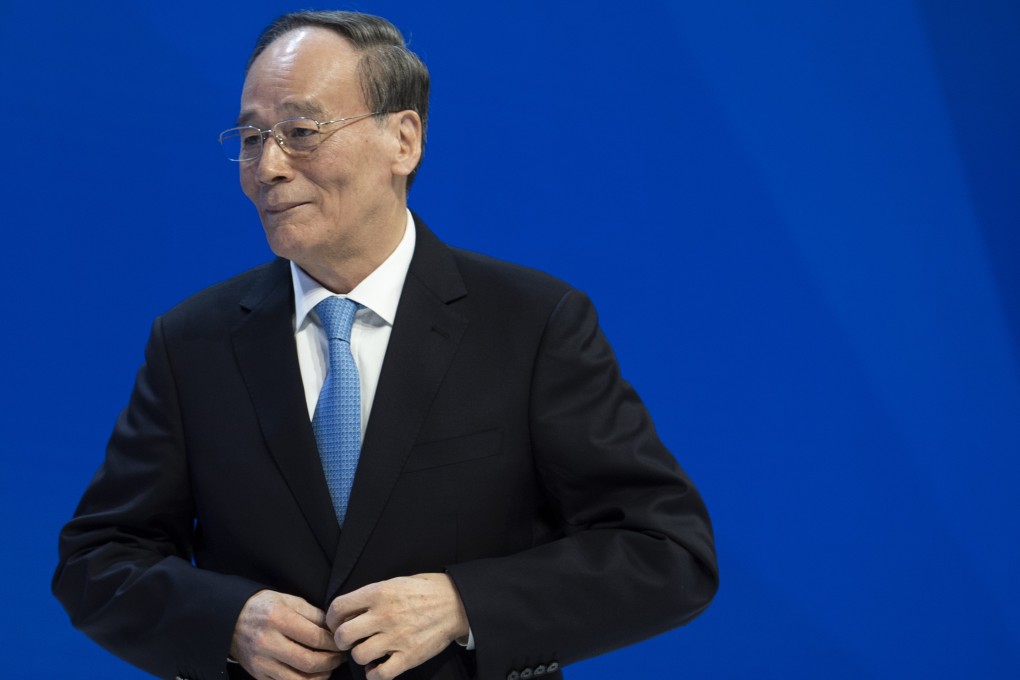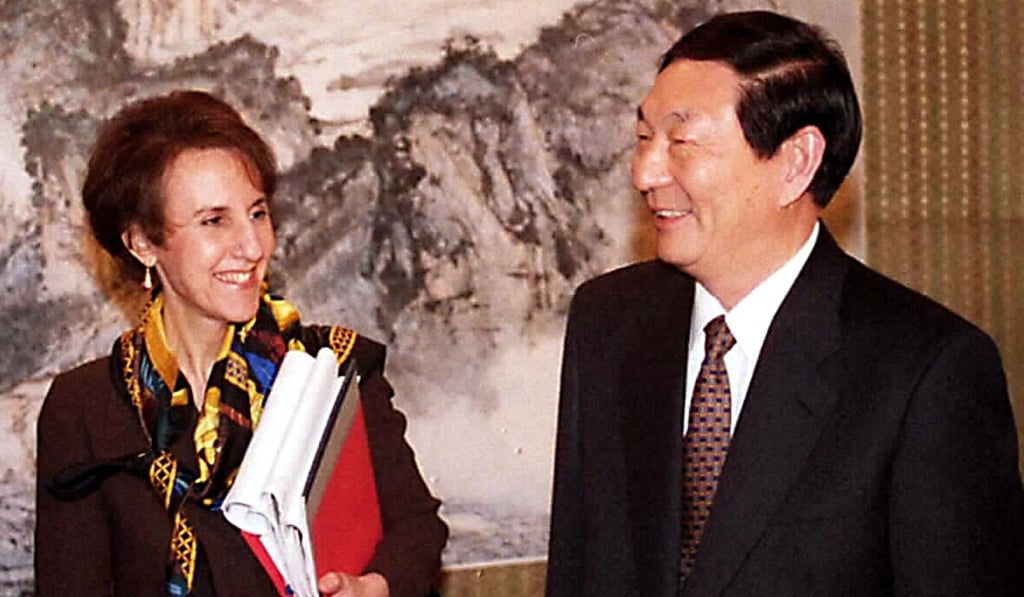Advertisement
Opinion | Wang Qishan could be the new face of Chinese pragmatism after Zhu Rongji – and a voice of reassurance for the West
- Tom Plate says China’s vice-president made it a point in his Davos speech to stress Beijing’s commitment to taking a pragmatic approach in problem-solving – welcome words that should help ease tense US-China relations
Reading Time:4 minutes
Why you can trust SCMP

During his run as premier under President Jiang Zemin, Zhu Rongji – a former Shanghai mayor – was the object of respect from Western leaders and one reason they regarded China’s rise as a sustainable economic and geopolitical force with which they would have to work, like it or not. He had the force of intellect, semi-ready pragmatism, and a command over the relevant mainland bureaucracies that were relied on to deliver on understandings with Washington.
Since he stepped down 16 years ago, a missing element of sorts at the highest level of Chinese leadership seems to have surfaced. It is an unrealised factor in the recent downturn in the China-US relationship.
Western observers, myself included, perhaps focus too intensely on aspects of leadership personality in analysing a nation’s international relations. Singapore’s late, great Lee Kuan Yew once took me to (mild) task for “the Western journalist’s exaggeration of eccentricity” in my writings about him. Fair enough. Yet Lee’s gargantuan political personality in Lilliputian Singapore served to elevate his country to a sort of Sweden-Plus.
Advertisement
What’s more, and for good reason, leaders themselves will always seek to take the measure of their counterparts before an important meeting or summit, going through page after page of their intelligence services’ psychological reports. No, sorry – political personality counts, and it can count for a great deal.

Advertisement
And so it may be that the perceived political-personality vacuum at China’s top is now being filled by another former Chinese mayor – this one from Beijing, rather than Shanghai. Perhaps Wang Qishan will never become a well-known figure in America, or if he ever is, his identity will be framed as little more than a dreaded top Communist Party official, and that will be that. But China’s current vice-president and right-hand man to President Xi Jinping seems cut from the same pragmatic cloth as Zhu.
Advertisement
Select Voice
Select Speed
1.00x
